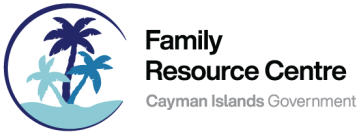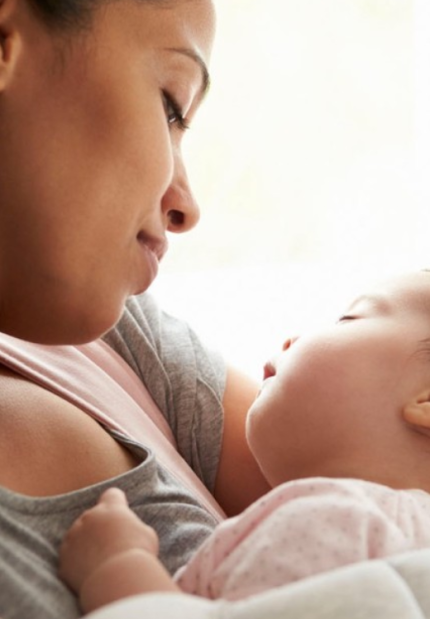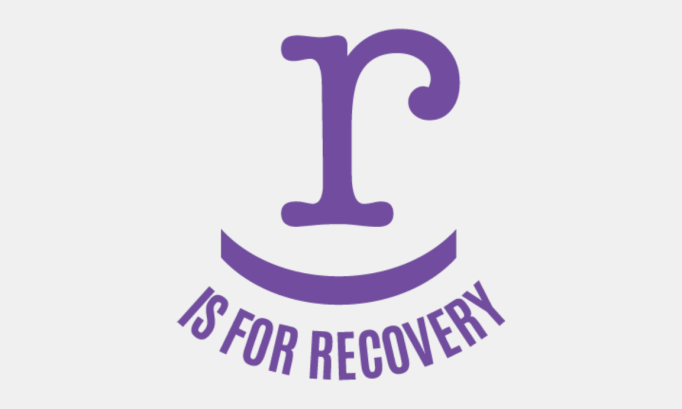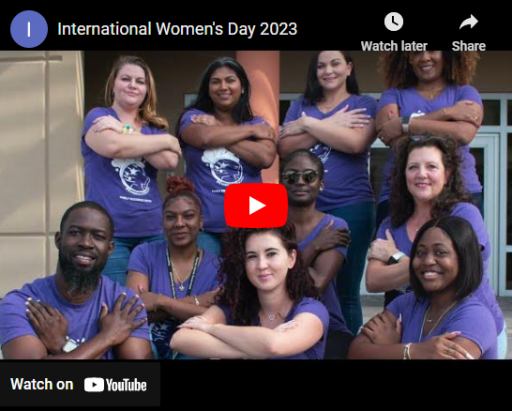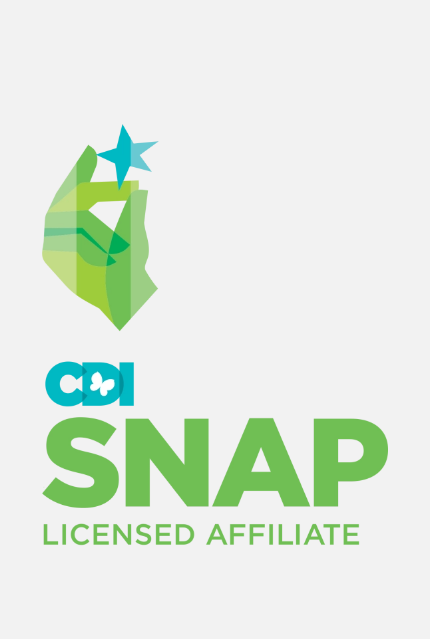
What programs are available?
SNAP stands for Stop Now And Plan. The core SNAP programs, SNAP Boys and SNAP Girls, are gender-specific programs for children ages 6-11 experiencing disruptive behaviour problems.
Other SNAP programs include: SNAP Youth Programs, SNAP Schools, SNAP for Aboriginal Communities, SNAP Youth Justice and Camp Wimodausis. For descriptions of these programs, please see the Other SNAP programs section.
For more information, refer to the SNAP Program Book (PDF).
Who should attend SNAP?
Boys and girls, ages 6-11, experiencing serious behavioural problems at home, at school, with persons in authority, and in the community can benefit from the SNAP Boys/SNAP Girls programs.
ASSESSMENT
The Early Assessment Risk Lists (EARLs) are evidence-based, gender-sensitive risk assessment tools for use with children between the ages of 6 and 11 with disruptive behaviour problems. They are structured clinical risk assessment guides that provide a comprehensive framework for practitioners to evaluate a range of child, family and community risk factors known to influence young children's propensity to engage in future antisocial behavior, so that appropriate treatment and risk management plans can be implemented.
ABOUT DISRUPTIVE BEHAVIOUR
Serious and persistent disruptive and antisocial behaviour often starts in childhood. Early identification and intervention for young children with disruptive behaviour problems is important, if not critical.
Conduct disorders (disruptive behaviour problems) are the most common referral reason to a children’s mental health centre in North America. Children with conduct disorders consume the most resources and are the most expensive clients to serve.
Children with conduct disorders repeatedly and consistently show a number of severely aggressive and anti-social behaviours, and they may find it very difficult to follow rules and behave in socially acceptable ways.
Typical presenting problems of conduct disorders/disruptive behaviour problems include:
- Difficult family relationships
- Physically aggressive behaviour
- Angry outbursts
- Verbally aggressive or defiant behaviour
- Lack of self-control and problem-solving skills
- Difficulty making and maintaining healthy relationships
- Stealing
- Bullying
- Vandalism
Left untreated, conduct disorders can have long-term, significant impacts on the child, their family and society. Poor lifespan outcomes include persistent criminality (approximately 60 per cent of incarcerated males have a history of conduct disorders), poor vocational and social functioning, mental illness, increased rates of hospitalization, family and parenting dysfunction, and substance abuse.
Facts to consider:
- Leading researchers have found that there are “seven years of warning” before a juvenile becomes a serious, violent offender.
- The most serious juvenile offenders in the 15 and up range most likely entered the system under the age of 12.
- Early onset of offending is one of the strongest predictors of subsequent re-offence.
- The U.S. Department of Justice’s Office of Juvenile Justice & Delinquency Prevention documents that, compared with youth who start offending in adolescence, children aged 12 and younger at risk for delinquency “are two to three times more likely to become tomorrow’s serious and violent offenders.”
- Research also shows that “these children are potentially identifiable either before they begin committing crimes or at the very early stages of criminality, times when interventions are most likely to succeed.”
SNAP® Research
- Our research goal is to improve clinical practice, advance knowledge and be accountable to our clients. To date, SNAP has been evaluated using the most stringent criteria for well established treatments (e.g., through use of random control/wait list assignments, use of reliable and standardized outcome measures and continuous monitoring to ensure treatment fidelity).
- Our research and intervention achievements have been increasingly acknowledged by leading academics specializing in the prevention of child and adolescent delinquency.
- Overall, our research has shown:
- Once families begin SNAP services at CDI, attrition rates are extremely low compared to the industry norm and most families complete service.
- Significant improvements have been observed after treatment with maintenance of treatment gains at six, 12 and 18 months in terms of externalizing behaviours (e.g., aggression, delinquency), internalizing behaviours (e.g., anxiety, depression), and social competency (e.g., peer relations, participation in activities).
- Treated children improve significantly more than children receiving an attention-only group or delayed treatment; effect sizes are large for boys (exceeding 1.1) and moderate for girls (0.51).
- Parents experience less stress in their interactions with their children as well as increased confidence in managing their children’s behaviour.
- Children report improved quality of interaction with parents, including less yelling and more limit setting.
- Children report a less positive attitude towards antisocial behaviour, associate with fewer peers whom parents consider a “bad influence," and demonstrate more prosocial skills after treatment with teachers, peers and family members.
- A closer look at program effects tells us that the amount of treatment received influences treatment effectiveness in terms of immediate decreases in delinquency and aggression, as well as longer term outcomes such as involvement in criminal activities.
- Client profile and, in particular, childhood risk factors (e.g., antisocial attitudes, school functioning),as well as the severity of problems at intake are important to take into account as they have been shown to influence treatment outcomes.
- Early sexual development in girls and evidence of abuse, neglect or trauma are associated with a number of other risk factors that contribute to poorer treatment outcomes.
- Based upon convictions alone, the benefit-to-cost ratio for SNAP is estimated to be between $3.07 and $5.64 for every dollar spent on the program. When this estimate is scaled up to include undetected offenses, the ratio soars to between $25.79 and $47.29.
- A third-party evaluation of SNAP showed that the program outperformed other more intensive services in both the short term and long term, particularly for children with the most severe behavioural problems.
- Prior to entering the program, SNAP Boys showed greater activation in the part of the brain typically associated with anxiety (as seen below). After only four to six months of being in the SNAP Boys program, the boys showed significant changes with greater activation in the part of the brain responsible for higher-order thought associated with following through on the fundamental steps of SNAP.
Our Services
The core SNAP programs, SNAP Boys and SNAP Girls, are gender-specific programs for children ages 6-11 experiencing disruptive behaviour problems.
Know MoreAssists young parents in accessing information and resources that support the development of healthy parent-child relationships and provides practical tools f...
Know MoreProvides free legal advice an all types of legal matters, specializing in familial issues.
Know MoreIndividualized parenting support service to help address parenting concerns and accomplish family goals.
Know MoreThe Department of Counselling Services offers a clear and supportive intake process for new clients. Referrals are accepted via email, and the initial session generally takes approximately 1.5 hours
Know MoreLatest News and Insights
FRC is on Daybreak| Compass TV
The Family Resource Centre offers a wide range of FREE parenting programmes and services to all families in our community
Learn MoreThe Family Resource Centre Celebrates Its Largest Ever Colour Me Purple 5K
At 6.30am on Sunday 23 March, the streets around Seven Mile Public Beach were turned purple by hundreds of fun runners and walkers taking part in the 2025 Colour Me Purple 5K.
Learn MoreDCS Observes 14th Annual Recovery Month
Grand Cayman, Thursday, 7 September 2023: September 2023 marks the 14th observance of Recovery Month in the Cayman Islands. Recovery Month serves as an opportunity to increase the collaborative.
Learn MoreHappy International Women’s Day!
Happy International Women’s Day!
Learn MoreGiving Tree brings 250 Christmas wishes this year
Giving Tree brings 250 Christmas wishes this year
Learn More